With the advancement of technology, software development has seen a rapid rise during the last few years. It has become a popular field to find growth opportunities, which is why many people are actively looking to build their careers in it. But, to do that, they need to solidify their coding skills, as it forms the basis of software development. This is one of those areas in which many developers struggle because learning different programming languages is not everyone’s cup of tea. It requires great analytical thinking, as well as sound knowledge of different development processes and methodologies.
Those who do not have the natural instincts to think creatively, often face difficulties while learning to code and developing applications. These types of people cannot write code properly, hence they need a platform that can take care of this job on their behalf. They need something that can provide results without coding or can build applications without requiring much technical knowledge.
Luckily, they have the assistance of some platforms that can manage these tasks for them. They are called no-code platforms, built with the capabilities of performing core dev tasks on their own. They are specifically built for those people who do not have much technical knowledge and are not directly related to this field. Using the no-code platforms, they can simplify their dev work without writing a single line of code.
However, it should be noted that these platforms have some limitations and they cannot be considered as an alternative to core development. This is a topic that needs broad discussion, as people always ask which development approach is better. In this blog, we will try to answer some of these questions, so that you can understand things appropriately.
Let’s first start from the basics below.
What is No-code Development?
No-code platforms are specifically built for those individuals who do not have good skills in programming. They cannot code applications, as it requires a greater level of technical understanding. These people require a readymade platform that can help them to build applications. That is where the utility of no-code platforms comes into play, as they are precisely created with advanced features that can still assist non-tech people to develop applications. Built with creative drag-and-drop features, no-code tools streamline development tasks for beginners. They do not require any manual coding, as prebuilt platform features take care of those tasks automatically. This is certainly the best advantage of this platform which even allows beginners and non- technical people to develop software applications at their fingertips.
No-code vs Full Code Development: Key Points to Know About
With the emergence of advanced no-code platforms, development has become easy for many people. This has also started a debate about whether no-code is better to create apps as compared to full-code development. To answer this question, we have to look into some points that precisely elaborate on the difference between the two.
Let’s take a look at them below.
Limitation in Customization
No-code tools are undoubtedly capable to develop software applications, but they do lack in some areas as well. Their limitation in customization is one of the biggest reasons that keep their preference behind full code development. These platforms are basically built with premade features, hence they do not provide much room to perform customizations in any inbuilt function. This often creates difficulties for developers because certain projects need customizations as per the client's requirements.
This is where the real benefit of full code development comes into play. It allows developers to build, scale, and modify software applications on the go. It does not bind them into anything, which is why many Java backend frameworks are often preferred to develop big enterprise-level software projects.
In the realm of full code development, where customization and technical depth are paramount, finding the right talent is crucial. For those projects that demand a higher level of expertise, you can hire freelance coders through Toptal, a platform distinguished for its assembly of skilled professionals, capable of converting complex needs into top-tier software solutions.
Cost of Development
The cost of development on no-code platforms initially looks cheap and affordable. These platforms provide pre-made templates, plugins, and tools to develop software applications effectively. For startups, these platforms best suit the development of different small applications. They can cater to the project of SMBs easily with these platforms, as they prove helpful to minimize cost till certain stages. However, when these projects require scaling, then the cost automatically increases. That is where the limitation of no-code platforms becomes evident, forcing relevant project stakeholders to go for full custom development to manage those demands. This is the point where cost calculation differs, and people start to realize that full code development is eventually better for long-term projects.
Building Complex Applications
By using no-code platforms, you can effortlessly build simple software applications at your fingertips. They are quite easy to use, offering a variety of pre-made features and tools to develop software projects. This is the major reason why they are recommended for beginners and non-tech people. They simplify development by providing various drag-and-drop tools to create simple apps that do not need much technical coding. However, when the requirements of certain projects involve some complexities, then no-code development does not offer much assistance. They are just not recommended for complex software development because that requires in-depth coding. To manage these types of projects, you just need to go for full-scale development, as it provides a range of options to develop advanced software projects. This is another area where full custom development takes the edge over no-code development due to offering a greater level of comprehensive technical solutions.
Final Words
That brings us to the end of this blog in which we have discussed some key differences between no-code vs full-code development. As a beginner or non-tech professional, you could use no-code platforms to build different types of software applications. They are quite good for those people who do not have much knowledge about coding and are new to the field of software development. However, when it comes to building advanced applications that require customization at different stages, full code development is certainly the best option to go with. It does not bind you to any limitations so you can build projects with freedom as per the given requirements. This development approach definitely requires greater technical expertise.
Credit
This Post is written by Hailey Smith.
Check more article –


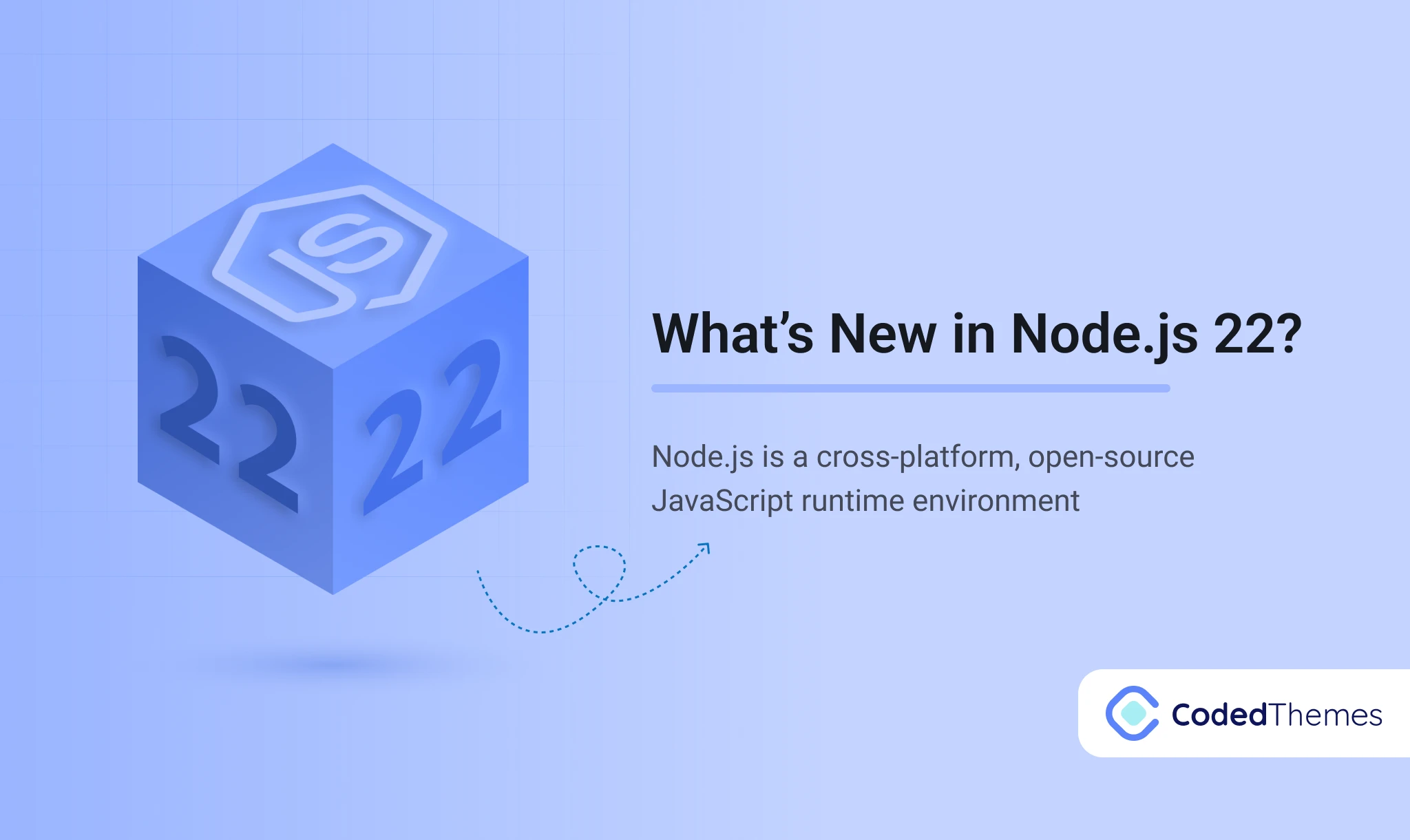
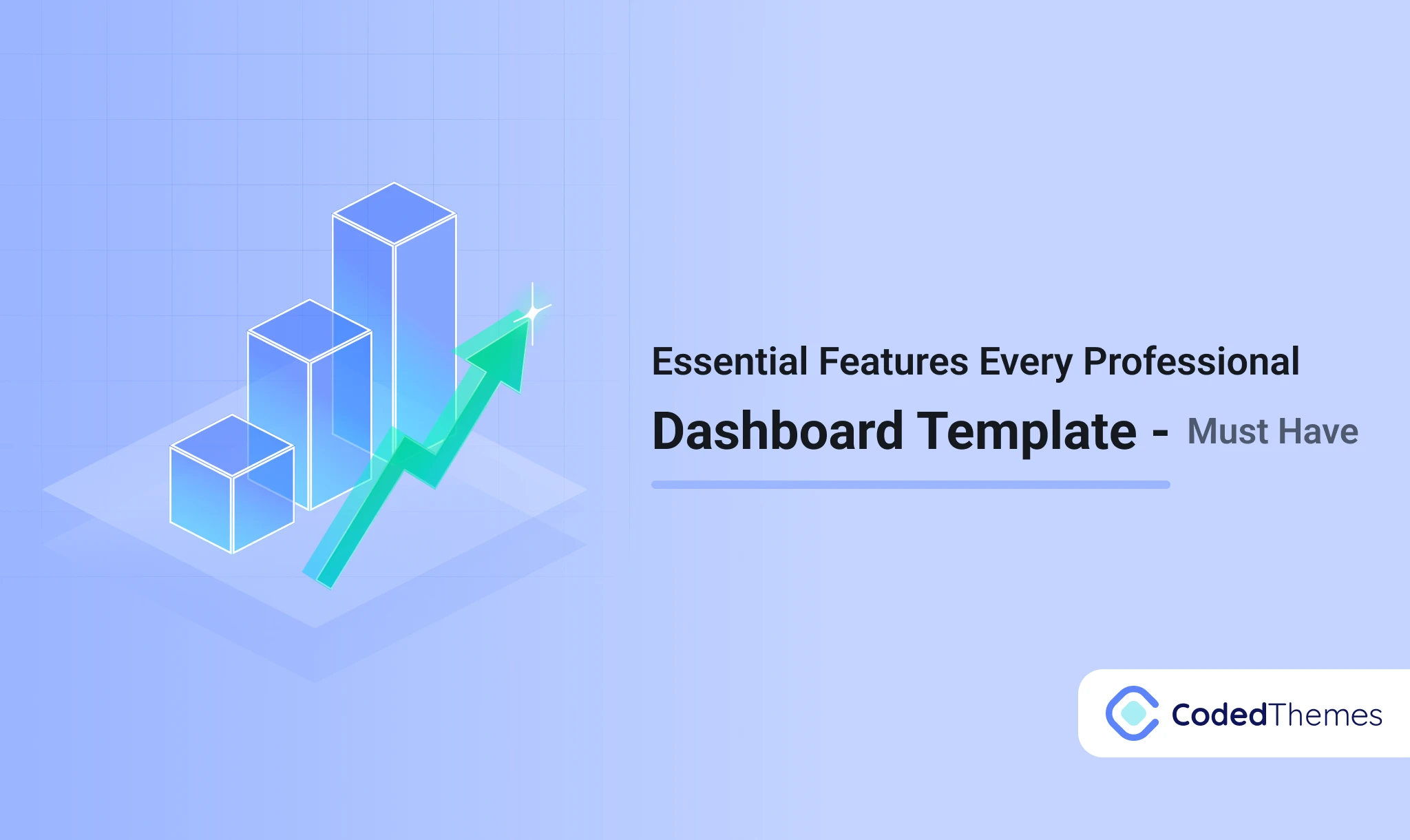
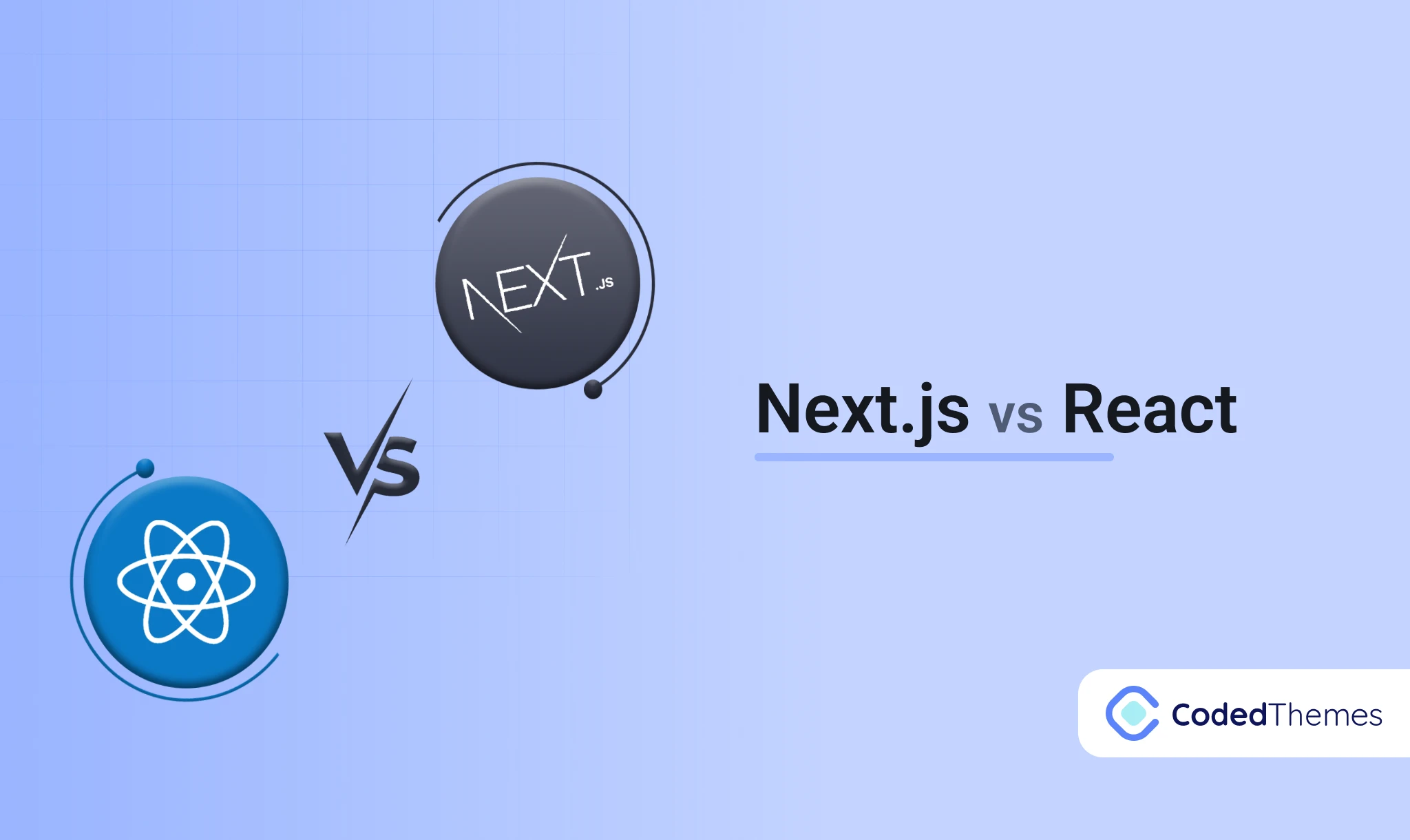
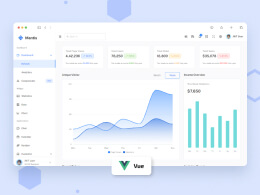
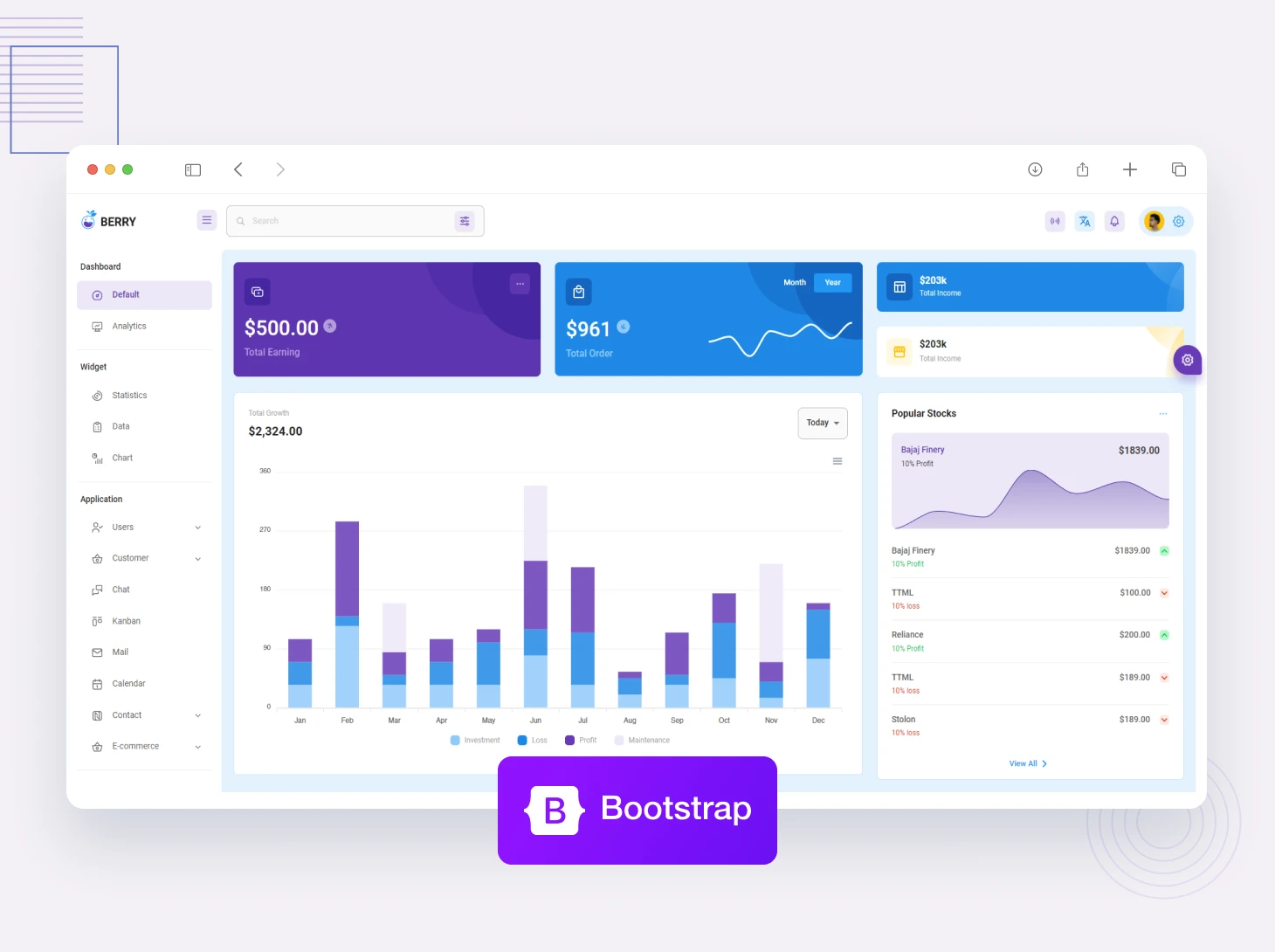
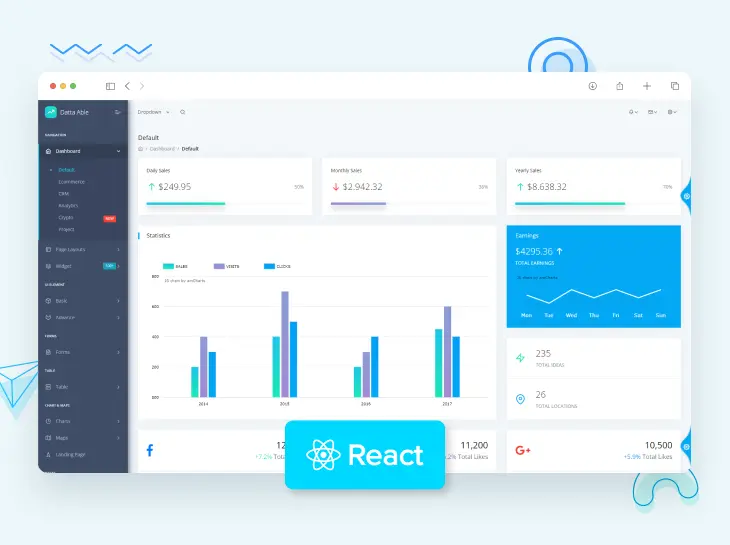




Comments